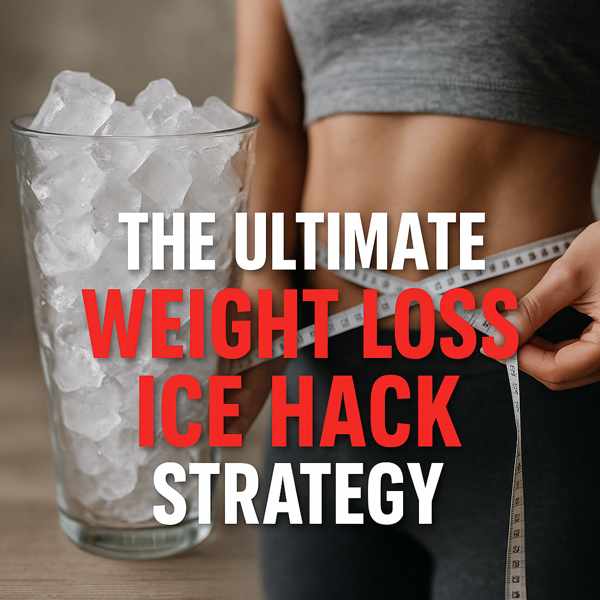
The "weight loss ice hack" has gone viral among people looking for fast ways to shed extra pounds.
But is this method backed by science, or is it just another internet fad?
Decoding the Weight Loss Ice Hack
The "ice hack" usually refers to practices like exposing the body to cold temperatures to trigger thermogenesis.
Supporters claim that:
- Your body burns energy to warm up
- Drinking icy water may curb appetite
- Cold activates brown adipose tissue
- Some believe in spot-reduction effects
Does It Really Work?
While the idea seems promising, the actual calorie burn from cold exposure is minimal.
Scientific observations include:
- Brown fat burns more calories when activated
- Helpful for weight control
- Though not directly tied to weight loss
Trendy Methods of Cold-Based Weight Loss
You might encounter:
- Start your day with icy lemon water
- Targets areas with higher brown fat concentration
- Common among emotional eaters
- Freezing herbal drinks or supplements
Each version offers a different approach, but none replace a proper weight loss program.
Benefits and Drawbacks
Pros:
- Requires little to no equipment
- Encourages hydration
- Sucking ice can replace mindless snacking
Cons:
- Not effective as a standalone strategy
- Discomfort or sensitivity
- Risk of false expectations
Ideal Users of the Ice Hack
It may be suitable for:
- People who enjoy health experiments
- Those already working on diet and fitness
- Simple motivation to stay consistent
If you’re expecting dramatic results from this hack alone, you read more may be disappointed.
Maximizing the Benefits
For safe and effective use:
- Drink cold water before meals
- Ensure you stay in a deficit
- Burn more calories and build lean mass
- Use cold exposure in moderation
It’s most effective when part of a broader plan.
Conclusion
The weight loss ice hack might offer a tiny metabolic push, but it’s no substitute for real effort.
Consider the ice hack a supplement to—not a replacement for—real work.